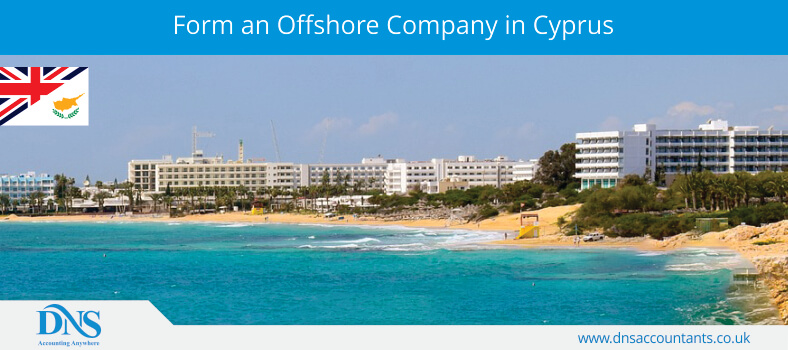Offshore Company Formation – Cyprus
Economy of the Cyprus
About Cyprus
The Republic of Cyprus is an island country, which is situated in the Eastern Mediterranean. Cyprus is the third largest and the third most populous island country, in Mediterranean.
Economy of Cyprus
World Bank has classified the economy of Cyprus as a high-income economy. Cyprus was included in the International Monetary Fund, in its list of Advanced Economies in the year 2001.
The economy of Cyprus is greatly dependent on the industry of tourism. Any swing in arrival of tourists to Cyprus opens up the vulnerability of Cyprus’s economy. It has already been recorded in the country’s erratic growth in the year 1990.
This island country had been politically unstable and this instability has resulted in decrease of tourist visit to this country. Cyprus economy is also greatly affected by the fluctuations in the economic conditions in Western Europe.
Cyprus has adopted Euro as its official currency in the year 2008, on January 1st. Euro replaced Cypriot Pound at a fixed exchange rate of CYP 0.585274 per 1 Euro. This fixed exchange rate was irrevocable.
The economic affair of Cyprus has been dominated by the Cypriot financial crisis, which was a part of wider European debt crisis. The country’s second largest bank, the Cyprus Popular Bank, was split into a bad bank and a good bank. The bad bank is to close down and the good bank is to merge with the largest bank of Cyprus, the Bank of Cyprus.
The European Commission is providing a bailout amount of 10 billion Euros to Cyprus, for this entire process. The government of Cyprus has to impose a strong ban on uninsured deposits.
Cyprus is an open market, service-based economy. Cyprus has some international light manufacturing. Cyprus is a bridge between the East and the West.
Cyprus has had a record of successful economic performance since its independence in the year 1960.
Why form an offshore company in Cyprus?
Cyprus is one of the very few tax havens in the world that has got double-taxation treaties. In fact it has treaties with more than 50 countries in the world. Although the tax rates are on the higher side when you compare it with other offshore jurisdictions, it is listed in the OECD white list meaning it is very good for investment purposes. Interest received by individuals are tax free as well as the interests received on dividends.

Basic Incorporation Package
Form your offshore company anywhere in the world within a week. No hidden price, no extra charges
With this package, we will provide you with a compulsory registered office address and dedicated account manager to handle all your queries. Also all the compulsory government fees would be paid up when the incorporation process takes place.
In addition to this, we will provide you with the documents necessary to incorporate a company – certificate of incorporation, appointment of directors, share certificates, company seal memorandum and articles of association.
Advanced Incorporation Package
This package will also include banking solutions and assure full confidentiality of your identity in addition to the full services of our Basic Incorporation Package.
We will provide you with a bank account and also with professional resident director and resident shareholder. This will help you in case you do not want your names to be displayed publicly. The Nominee director will act on your behalf by signing contracts, MoU’s and other documents related to your business.
All these will be provided in addition to company incorporation, registered address and other services included in the Basic Incorporation Package.
Professional Backed Package
This package will take care of the ever changing intergovernmental agreements which are being exercised by most of the countries.
More and more countries are signing up to international trade agreements which means more robust process. The benefit of our package is that it will facilitate your business through the help of qualified accountants, directors, international lawyers, tax advisors and investment advisors. It will ensure that your business runs smoothly and with full privacy and confidentiality.
Customized Package
Customize as per your requirements – whenever and wherever required.
Select what all services you require in what all jurisdiction. You can upgrade the services anytime you want. Choose from a wide range of professional services in addition to the type of company and bank account you want to set up. With the ever changing laws, you can ask our domain experts to guide you through the right direction.
Benefits of Forming an Offshore Company in Cyprus
- 0% tax on interest received by individuals
- 0% tax on dividends
- 0% tax on profit earned from sale of shares
- Income tax rate is slightly higher, around 20 to 30 per cent of the income received
- Beneficial for investors coming from Europe, North America and Asia
- Corporation tax of 10%
- Double taxation treaties with major countries meaning it is one of the safest tax havens
